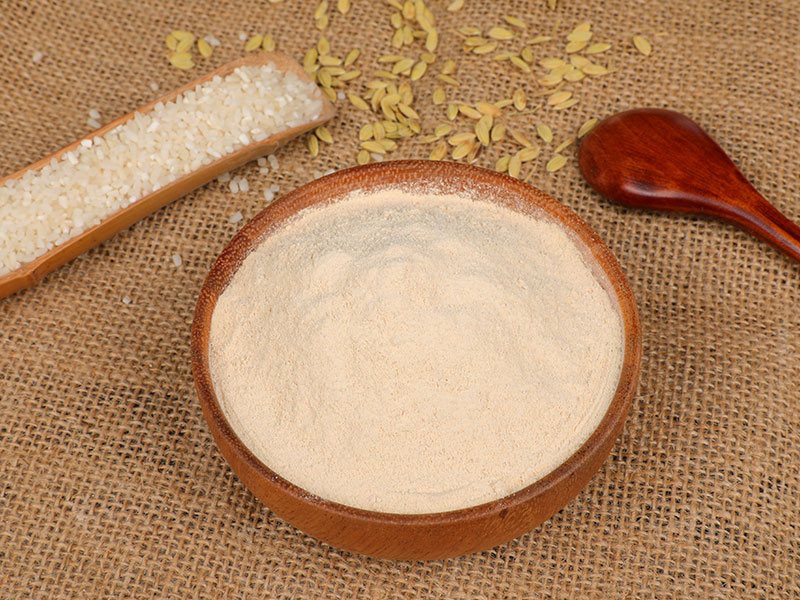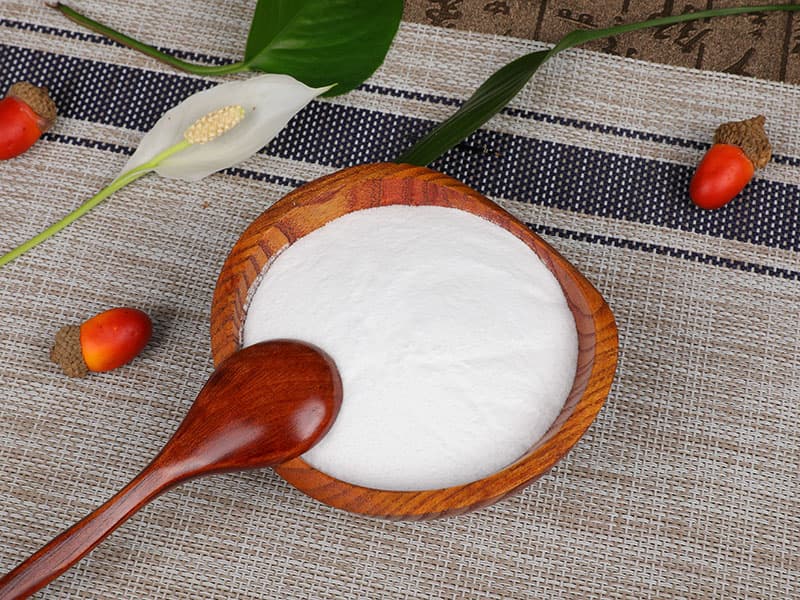In recent years, there has been a significant shift towards plant-based diets and a growing awareness of sustainable and cruelty-free protein sources. Amid this dietary revolution, rice protein has emerged as a versatile and nutritious plant-based alternative that is gaining popularity in the health and wellness community.
Nutritional Profile:
Rice protein is derived from brown or white rice and is a rich source of essential amino acids, making it a complete protein. It contains all nine essential amino acids that the body cannot produce on its own. Additionally, rice protein is naturally free from common allergens such as dairy, soy, and gluten, making it suitable for individuals with specific dietary restrictions or sensitivities.
Sustainability and Environmental Impact:
The production of rice protein is generally considered more sustainable than some animal-based protein sources. Rice cultivation has a lower environmental footprint compared to livestock farming, which is associated with deforestation, greenhouse gas emissions, and water consumption. Choosing plant-based protein options like rice protein aligns with environmentally conscious dietary choices, contributing to overall sustainability.
Versatility in Culinary Applications:
One of the key advantages of rice protein is its versatility in culinary applications. It has a neutral taste and a fine texture, making it an ideal ingredient for various recipes. Rice protein can be easily incorporated into smoothies, shakes, baked goods, and savory dishes, providing a plant-based protein boost without significantly altering the taste or texture of the final product.
Muscle Building and Recovery:
Rice protein's complete amino acid profile makes it a suitable choice for individuals looking to build and repair muscle. It contains branched-chain amino acids (BCAAs), including leucine, isoleucine, and valine, which are essential for muscle protein synthesis. Athletes and fitness enthusiasts are increasingly turning to rice protein as part of their post-workout nutrition to support muscle recovery and growth.
Digestibility and Gut Health:
Unlike some protein sources that may be difficult to digest, rice protein is generally well-tolerated and easily digested. It is considered a hypoallergenic protein, making it suitable for individuals with sensitive stomachs or digestive issues. Additionally, rice protein may contribute to gut health by providing dietary fiber, which supports a healthy digestive system.
Allergen-Free Alternative:
For individuals with common food allergies or intolerances, finding suitable protein sources can be a challenge. Rice protein offers a solution as it is inherently free from major allergens like dairy, soy, and gluten. This makes it an inclusive option for those with dietary restrictions, allowing them to meet their protein needs without compromising on taste or nutritional quality.
Emerging Innovations:
The rice protein revolution is not limited to its traditional form; innovations in food technology have led to the development of rice protein isolates and concentrates. These highly refined forms of rice protein offer increased protein content while maintaining the benefits of being low in allergens and easily digestible. Such innovations contribute to the broader acceptance and integration of rice protein in the food and beverage industry.
Incorporating Rice Protein into Everyday Life:
As rice protein continues to gain popularity, it is increasingly being used in a variety of consumer products. From plant-based protein powders and bars to dairy-free beverages and meat alternatives, rice protein is finding its way into mainstream food products. This widespread availability makes it easier for individuals to incorporate this plant-based protein source into their everyday diets, promoting a more sustainable and plant-focused lifestyle.


 English
English 中文简体
中文简体





